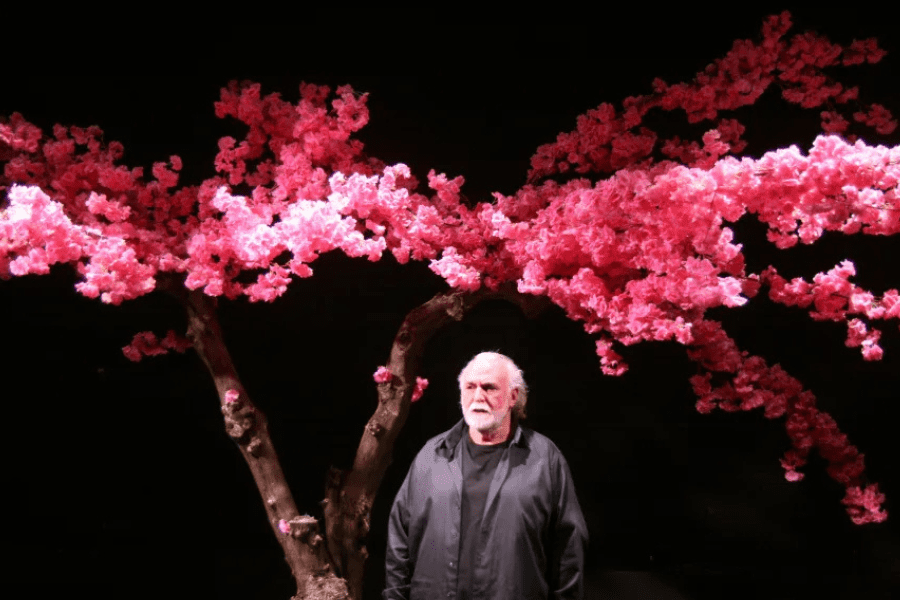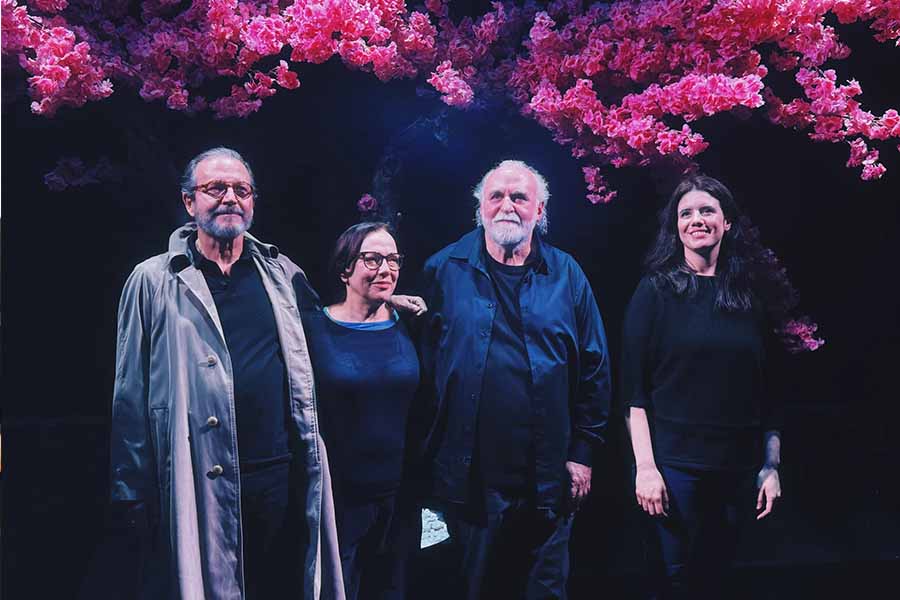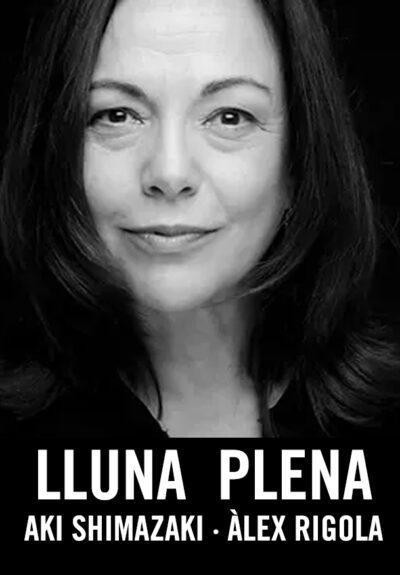
‘Full moon’, a tale to make peace
A stripped-down, close-up scene, where the actors and actresses take center stage. Alex Rigola he has been working on a very personal type of theater for years, first placing company and audience in a large wooden box and then in his own room in the Sants neighborhood. In these spaces he has mounted works ofIbsen i Chekhovbut also of Pasolini or from mammothvery different styles that under his gaze acquire a common tone. His is a subtle and very emotional scene in which the everyday word masks sadness and melancholy. The director returns us to the primitive cultural essence, that of the tribe that huddles around the fire to listen to a story.

full moon is a story with an oriental flair, an adaptation of the novel by the Canadian woman of Japanese origin Aki Shimazaki. Old age is not a very recurring theme on our stages, despite being one of the main audiences of our audiences. In the play, we meet an elderly couple who have to live with Alzheimer’s, a drama that, despite everything, is presented from the point of view of optimism. The disease is seen with pain, but also, in the face of a world of taboos, rigidity and mistrust, as a liberation that allows one to escape from stigmas and rewrite part of history. An opportunity to make peace with the ghosts of the past.
The director plays to be not at all literal and invites the viewer to imagine everything he does not see or hear. Practically, there is no sound space and the music appears very punctually. The scenography (Patricia Albizu) is a single cherry tree, an imposing symbol that quickly transports us to a traditionalist society where rooms are separated by screens and marriages begin with a meeting organized by the parents. Japanese elements surround the text, but the real weight of the piece is carried by the actors and actresses, even though none of them have any connection to this country. Once again, white actors can play characters of any kind and nationality, an opportunity that racialized actors don’t usually have.

Thus, Rigola opts for an acting team that he trusts, with four performers who join the delicate cadence of the piece, like four instruments that come together to play a melody together. Miranda Gas and his honeyed voice act as masters of ceremonies, inviting us to leave the outside world behind to immerse ourselves in the atmosphere of silence and imagination. Luisa Castell she plays Fujiko, the sick woman, and stands out with few words but a sharp look and smile, convinced in her fantasy. Instead, Andrew Benito she puts herself in the husband’s shoes and conveys the concern from serenity, the invisible pain of someone who loves someone who is no longer who they were. It will complete the cast Pep Cruz, which is incorporated into the assembly replacing a Pep Munne, with a translucent character, which could well be a dream of the protagonists.
When the show is over, we wake up relaxed and at peace, happy to have accompanied the characters in their deepest sincerity. From its simplicity, the story is emotional and hopeful. Life goes on and it’s never too late to forgive(yourself).
More information, images and tickets:







